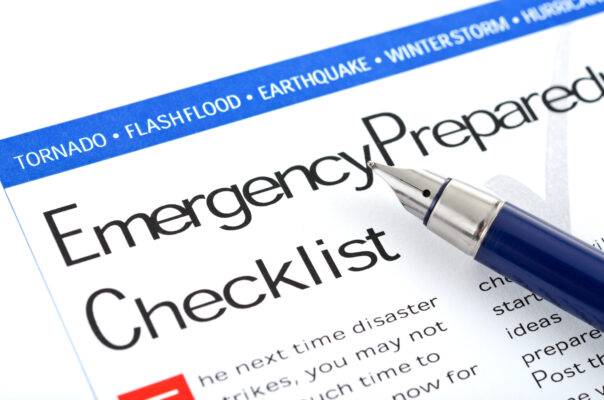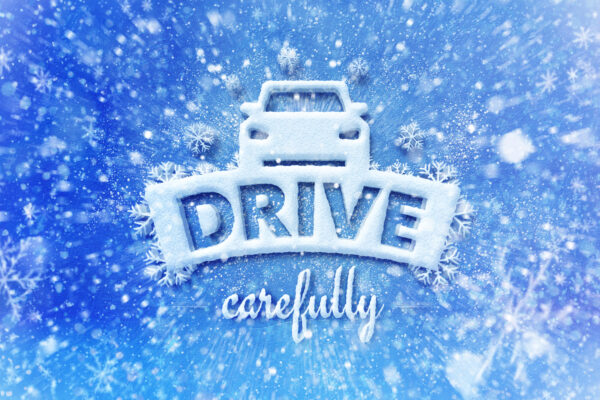Did you know that as of April 2023 it is illegal to use or hold a cell phone or electronic device while driving? If an officer of the law sees a violation, they can pull you over. Drivers 18 years old can make or receive calls via hands-free devices. However, drivers under the age of 18 are still restricted from using their devices and any way, including hands-free feature.
Enforcement of this law began on October 4, 2023 and penalties include:
- 1st offense in two years: 2 points assessed to driver’s license, up to a $150 fine.*
- 2nd offense in two years: 3 points assessed to license, up to a $250 fine.
- 3rd or more offense in two years: 4 points assessed to license, up to a $500 fine, possible suspension of driver license.
- Fines doubled if the violation occurs in a work zone.
*Completion of a distracted driving course can help avoid the fine and points.
Read more about this law here, and please share with friends and family.



